- List your property - it's free
- Sign up or Log in
-
English- en
-
PHP - ₱
Loading...
No Data
- Buy
- Philippines Property For Sale
- Philippines Real Estate
- See Newest Listings
- Why Buy with FazWaz.ph
- Rent
- Philippines Property For Rent
- Philippines Market Overview
- See Newest Rentals
- List your Rental
- Sell
- Projects
- Project Directory













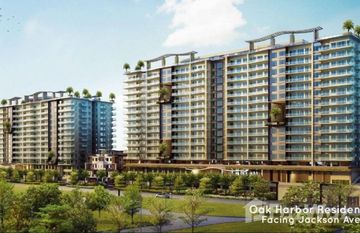
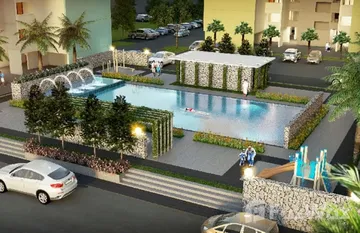
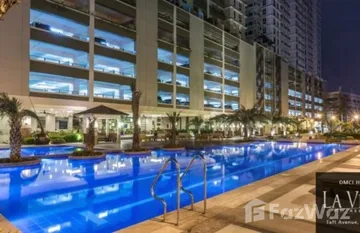


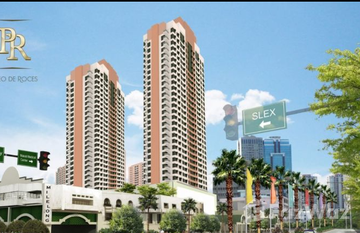
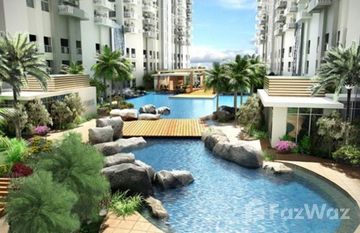
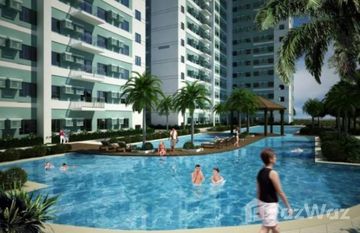
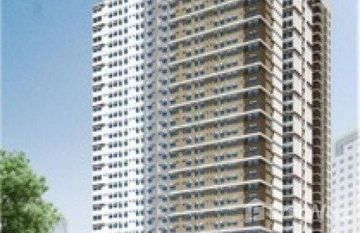
 Breier Meir
Breier Meir






